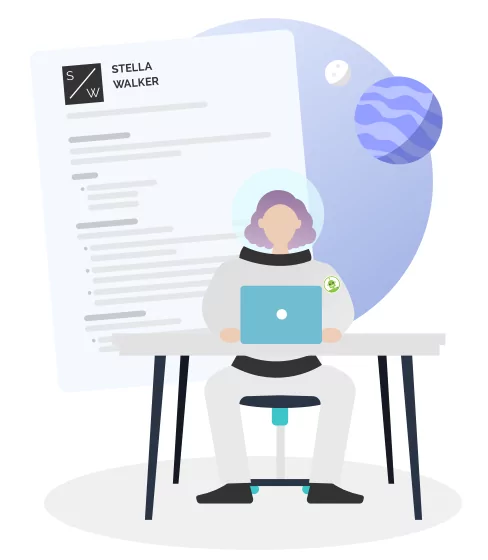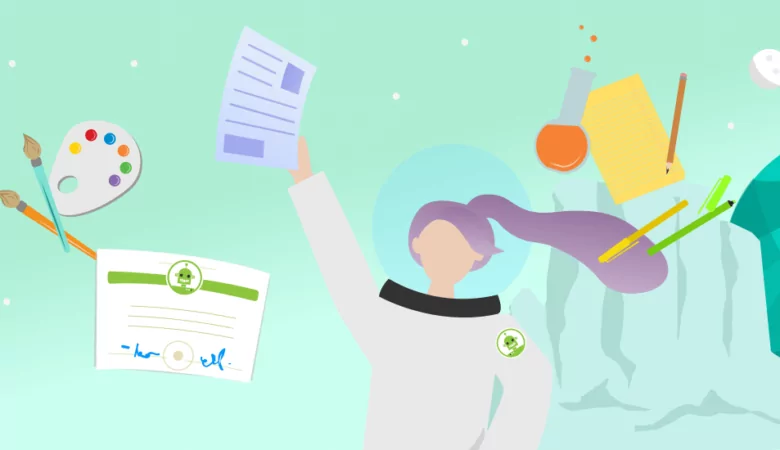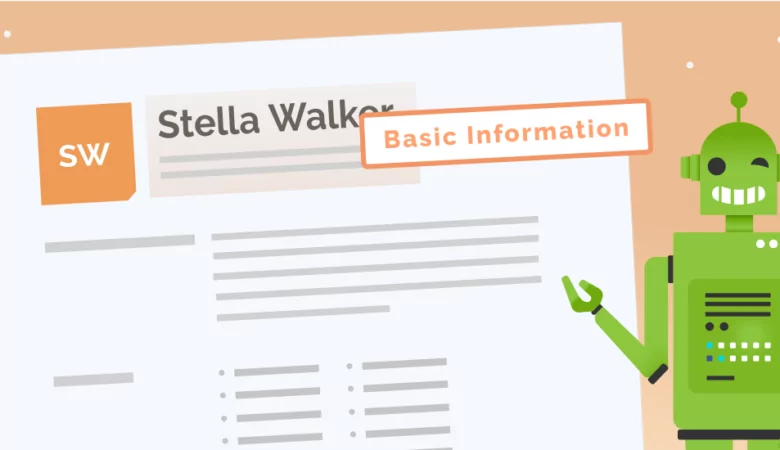Interpersonal skills are becoming more and more essential to the everyday workplace. Here’s a list of eight people skills you should add to your next resume.

Top 8 People Skills to List On a Resume
People Skills
Interpersonal skills (or “people skills”) are essential to any work environment. Honing these skills can not only help you better integrate into your workplace, but it can also benefit you in other ways outside your professional life, too. Let’s take a closer look into why people skills are so important and what qualities fall under this skilllset below.

What are People Skills?
According to Merriam-Webster, the definition of people skills is: “the ability to work with or talk to other people in an effective and friendly way”. These social skills can help you get along with others, which can be a great trait to have in the job search. A job seeker with strong people skills is more likely to find career success compared to someone who doesn’t. You might find someone with good people skills in a managerial position or other higher-level roles due to their ability to verbally motivate and uplift others. Though it is considered a soft skill, people skills are extremely valuable within the workplace and can propel you forward in your career.
Top Eight People Skills to Add to Your Resume
There are a wide variety of interpersonal skills out there. Here’s a short list of good people skills to add to your next resume.
Communication Skills
Hiring managers aren’t just looking for candidates who can show up to do the work and leave. They want to hire people who can clearly convey their ideas in a collaborative setting, thereby increasing productivity and overall morale. Effective communication can help you stand out in the workplace as someone who is easy to talk to and easy to work with.
Listening Skills
Good communication doesn’t work just one way. You need to be able to hear out what others have to say, too. Active listening is about more than hearing what a customer or client is saying. Non-verbal communication, such as open body language, can show that you care about what they have to say. Making eye contact, leaning forward, and smiling will show your interest.
If you show that you can pay attention to others’ needs and help them out accordingly, then you’ll definitely improve morale and productivity around the office. Others might turn to you for advice or rely on your expertise more as well.
Emotional Intelligence
Understanding a customer or client’s point of view is a valuable trait in any industry. You might need to adjust the way you speak depending on a person’s mood in order to make a sale or to convince them to listen to your ideas. Being able to adjust your own communication style to be more in line with someone else’s takes a lot of skill, but it can help you stand out in the work environment, too.
Conflict Resolution Skills
Conflict management is never fun, but it is sometimes necessary in the workplace. Sometimes clients or coworkers can act unruly and then take their anger out on you. A good mediator not only can empathize with this difficult person but also can help defuse the situation altogether.
Problem-Solving
Listening to others and asking questions can help you and your team better solve issues within the workplace. Problem-solving can then make everything run more smoothly and make your job that much easier.
Assertiveness
Make no mistake: assertiveness is not the same as aggression. Rather, assertion is the ability to get your ideas across clearly and directly. This direct speaking style can often come across as confidence, which in turn means you are more likely to be listened to.
Teamwork
Many companies will call for employees who are also team players. There is no job that one person can handle alone. By knowing how to work well within a team, you all can accomplish your tasks more efficiently.
Leadership Skills
Being an effective communicator can make you a great leader as well. By confidently sharing your ideas and listening to others’ feedback, you can learn to better delegate tasks in the workplace that play to others’ strengths. This can then improve the synergy within the office overall.
If you need more guidance on skills to put on your resume, ResumeNerd’s resume builder tool can help. With plenty of templates and examples to choose from, now you can craft the perfect resume for your next job in just a few minutes.
FAQs: People Skills
People skills can help your ideas and contributions be heard and recognized. Not only will a boss notice your efforts, but also they will be more likely to respect your decision-making skills, too.
You might even be able to subtly influence people to give you a promotion or to give you a good referral for another position further down the line.
If you want to develop better people skills, then you can practice listening to how others in your workplace communicate with one another. You can also practice projecting more confidence in your ideas with your friends or family, too.
Remember that people skills can help you outside your professional life, too. Being able to convey your thoughts to others in a clear and concise manner is a valuable skill set that can make you seem more personable and easy to approach.
Hard skills relate more to the work you will do for the job. Technical skills such as being familiar with specific software or equipment fall under hard skills.
Soft skills say more about your personality traits and if you would fit well into the company culture. Communication skills are often classified as soft skills. In order to grab a hiring manager’s attention, you need to have a good mix of both hard and soft skills on your resume. Here are some tips on how to gain better job skills to create a great resume.







